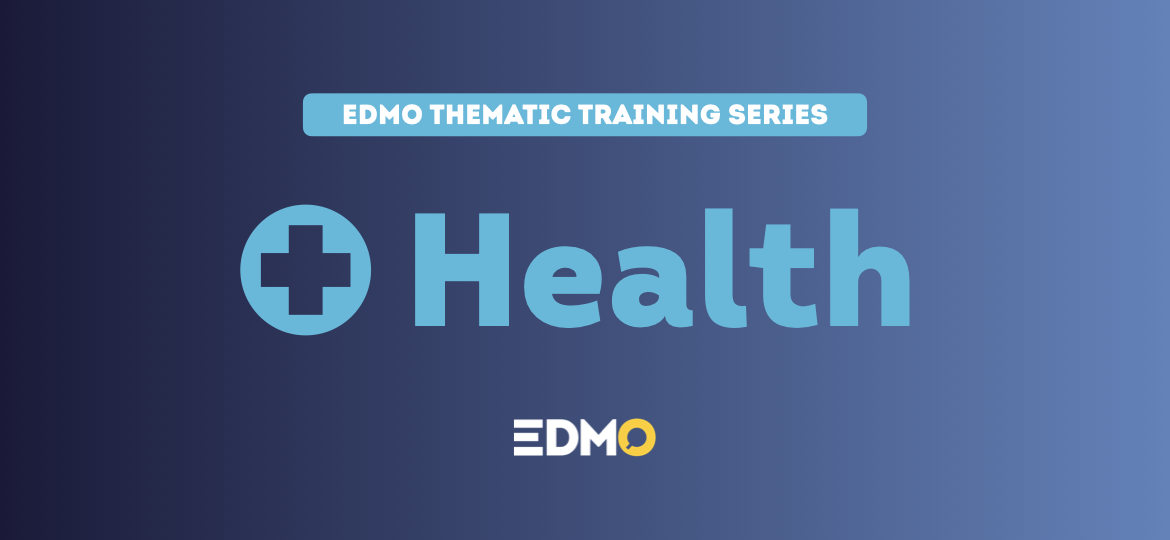Key take-aways from this module
#1: The reason why health disinformation is successfully hijacking narratives is because it hooks on people’s identity, values and previous experiences. A person’s values can shape and predict the type of narratives that they perpetuate or resist. Additionally, misinformation and emotionally compelling information and narratives spread more quickly than credible information provided by authorities. Moreover, health disinformation uses “zombie narratives”, namely pre-existing hooks that make disinformation persistent and easy to reignite.
#2: Effectively addressing drivers of mis- and disinformation over time is key to promoting long-term resilience. Among the motivations that contribute to the spread of disinformation, the trainers mentioned profit, a combination of profit and influence and/or power of over the health agenda, and political distrust and influence. It was underlined that building and reinforcing trust is crucial for resilience against disinformation. When trust in a government’s expertise is lost, people seek expertise elsewhere, often redefining it through the lens of disinformation.
#3 Health disinformation is harmful because it goes beyond influencing opinions – it negatively affects behavior, which can have population-level impacts if left unaddressed. Health disinformation influences individual decisions which eventually have a collective impact, and can cause physical, social, economic, political and psychological harms. When health misinformation becomes disinformation, narratives shift and are hijacked, and become a wider problem. While health authorities have the tools to respond effectively to doubts, concerns and questions on information before it becomes misinformation, the passage from misinformation to disinformation is a domain that other organizations are better placed to address.
#4 No one strategy or organization can alone address a complex issue like health disinformation over time. Partnerships are critical to building more effective health disinformation mitigation strategies and build population and systems resilience.
The trainers concluded the session by providing a set of key actions targeting strategic communications experts as well as key actions for public health experts to strengthen their response to health disinformation, with an emphasis again on partnerships between sectors as well as on media literacy and training.
Meet your Trainer
Tina D Purnat is a Doctor of Public Health candidate and Prajna Leadership Fellow at TH Chan School of Public Health at Harvard University. Her DrPH studies focus on improving services to vulnerable and at-risk communities experiencing social, commercial, economic and health information inequities and barriers to health and wellbeing.
Target Audience
The training series is open to all stakeholders working to tackle disinformation as well as public health policy experts interested in questions related to health disinformation.
Deadline
19 February 2025, 13:00 CET.
Applications are now closed

